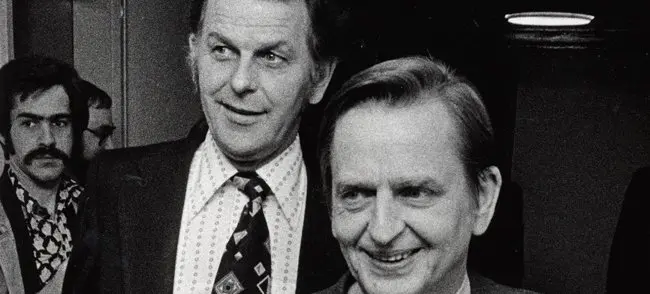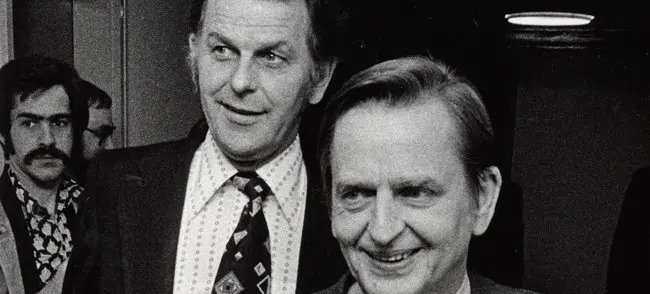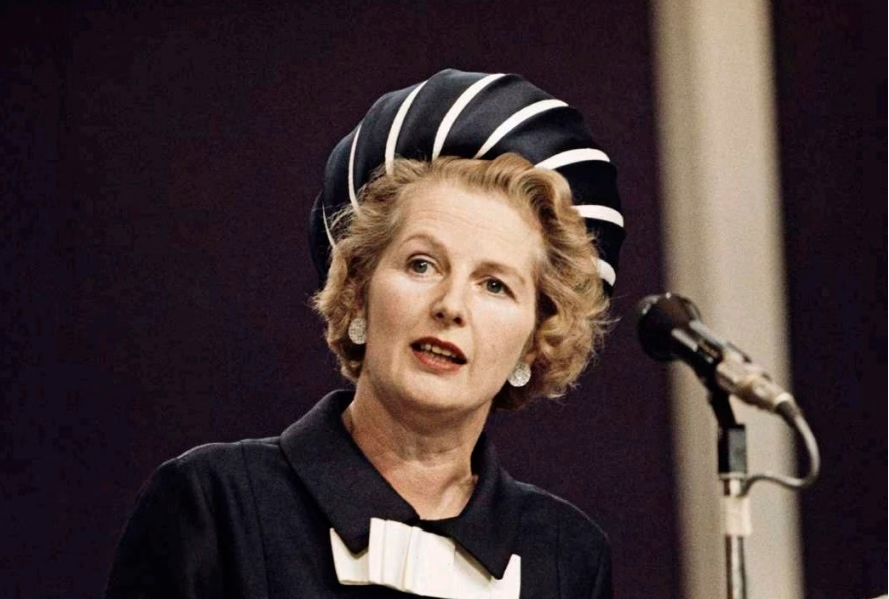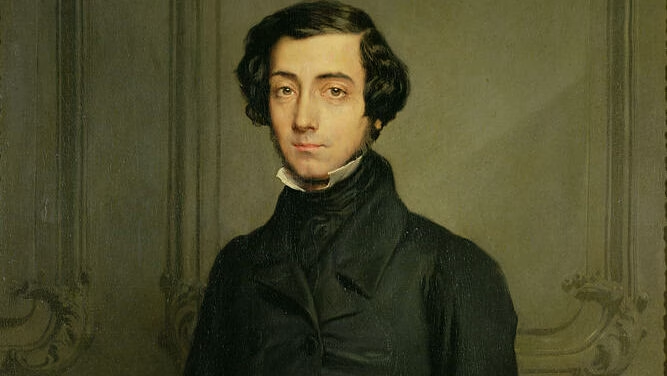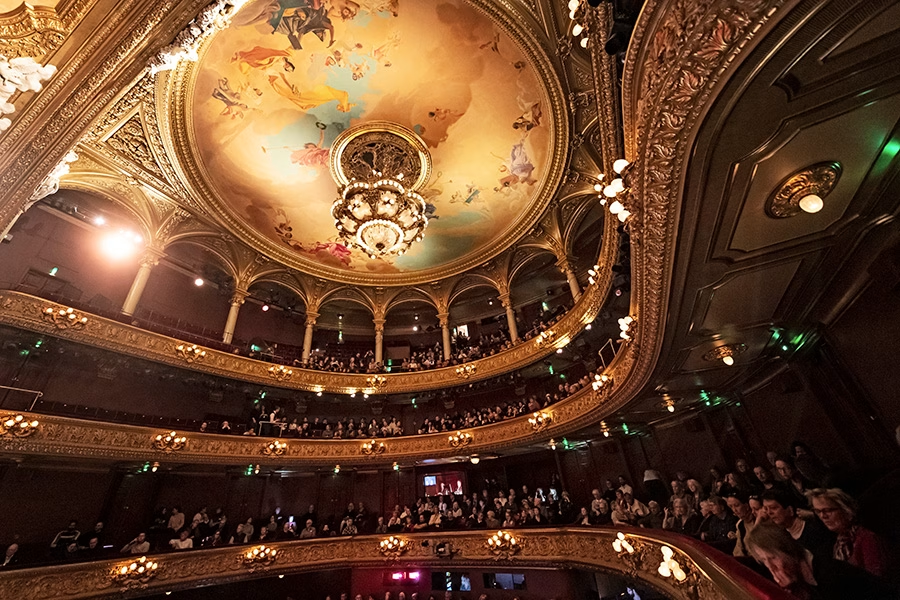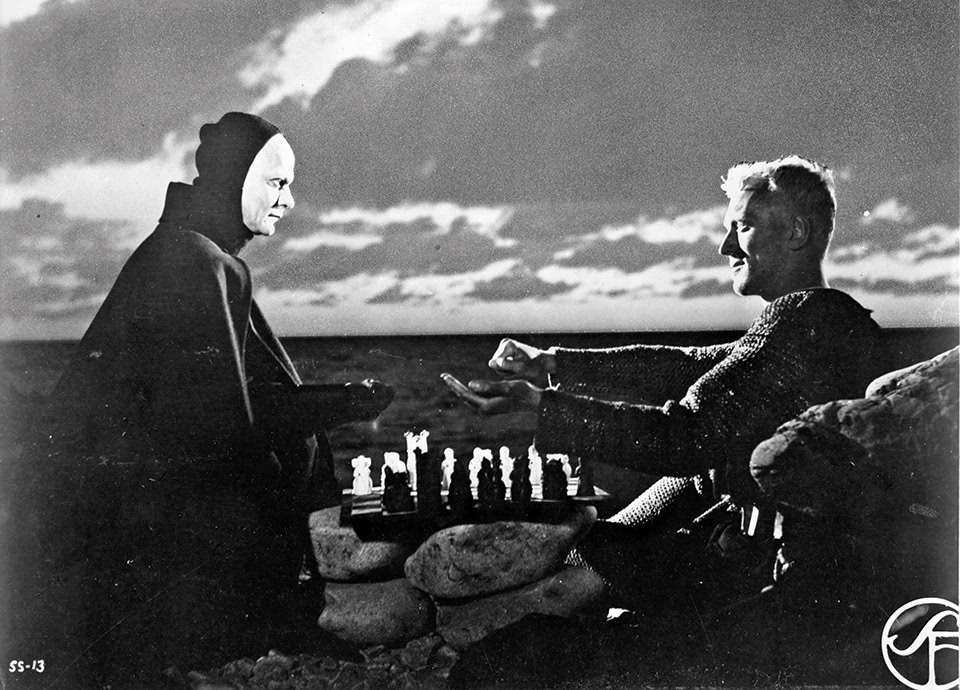Artikeln finns tyvärr inte tillgänglig direkt på webben. Men du kan läsa den i PDF-format genom att klicka nedan.

Redan prenumerant?
Logga inJust nu! Axess Digital för 39 kr i 3 månader
Därefter 59 kr/månaden.
- Full tillgång till allt innehåll på axess.se.
- Här är en till fördel
- Här är en annan fördel med att bli prenumerant

